I have trouble expressing what the marathon distance means to me. I have an inexplicable pull to it that has only grown over the years. No matter the speed, grace, or power within your performance, it is an amazing physical feat.
Training for a marathon is an arduous but rewarding process. These are things I wish I knew before I signed up for my first marathon and picked out that training plan.
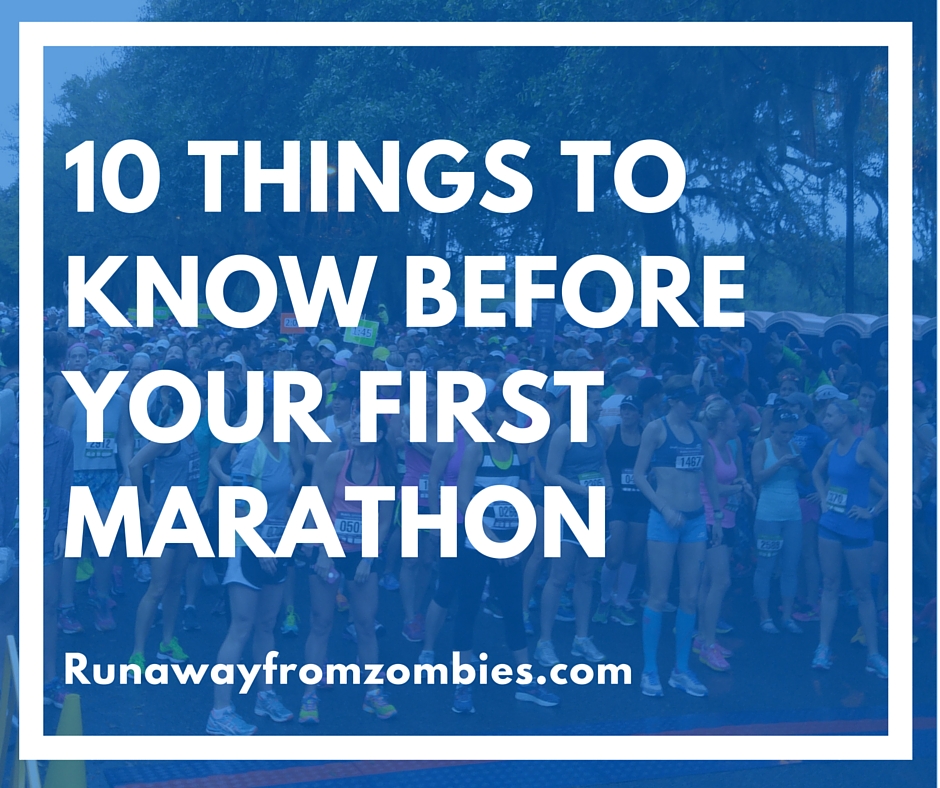
10 Things to Know Before your First Marathon
1. There is no substitute for experience
I would NOT recommend someone run a marathon in their first year of running, but many people have, including me. I felt that forking over money for that race would motivate me. It did, but there is really no substitute for experience. I had to make mistakes and learn from them quickly, all while pushing my body to do something it had never come close to doing before.
I did not gain anything by throwing myself into the marathon world early. I still have many lessons to learn and many miles to run.
2. Race for completion not for time
The challenge lies within pushing your body to limits it’s never seen before, to add a time constraint is even more stressful to your body and mind. If I had pushed myself to run at a faster pace during my first marathon, maybe I wouldn’t have been able to finish.
Not having a time goal made the difference between thinking my first marathon was a wonderful experience vs a miserable failure. If you enjoy the distance-boundary push that the first marathon gave you, then you have a lifetime to push the time boundaries.
3. Read, research, and talk with others
Do not blindly prepare for this distance. Do not blindly increase your mileage. Read, learn, and read some more. You may get conflicting advice, but then you can make smart decisions based on YOUR body.
Related reading: Building a Mileage Base and My Blind Mile Increase
4. Take care of your body
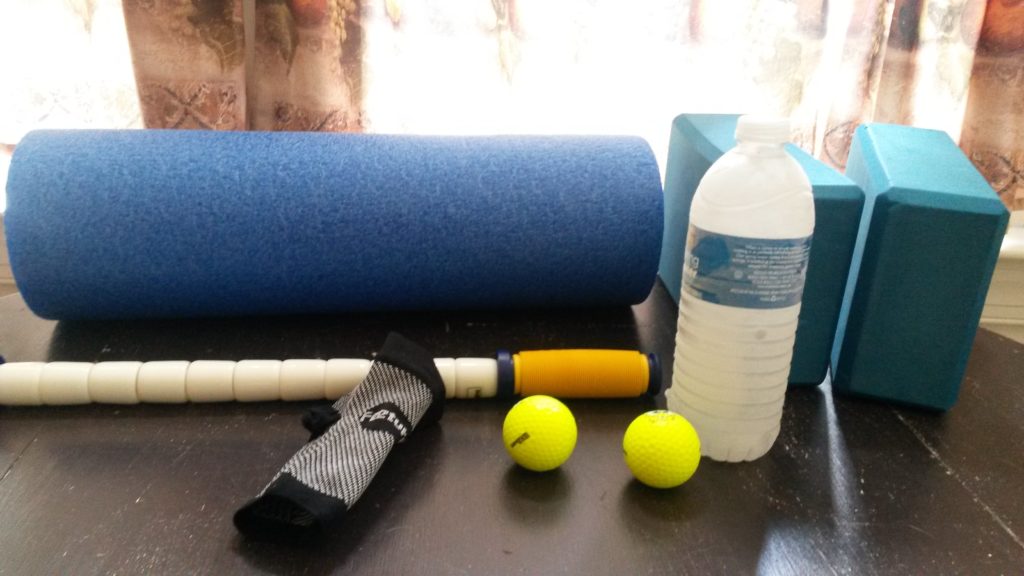
Recovery tools
Weeks that I did not put enough effort into recovery methods (stretching, massaging muscles, eating protein and carbs) were weeks that left my body beat up and run down. On the flip side, weeks that I did those things well, my body was stronger, energized, and ready to accept further training.
5. Marathon training is time-consuming
Your mileage may peak at 40-50 miles/week. Top that off with recovery work, eating a lot, and sleeping a lot. At times I felt like I was working 2 full-time jobs, my own and marathon training.
Related: Routines of an Amateur Marathoner
6. Don’t be scared to cross train or take an extra rest day
There is no medal or fanfare for completing every single mile on your training plan. The plan guides you in getting stronger, but if you feel something isn’t right or that you’re on the edge of an injury – cover your miles on a bicycle or take an extra day of rest. A 5 mile run can’t make your marathon, but it can certainly break it if you come out definitively injured.
7. Practice
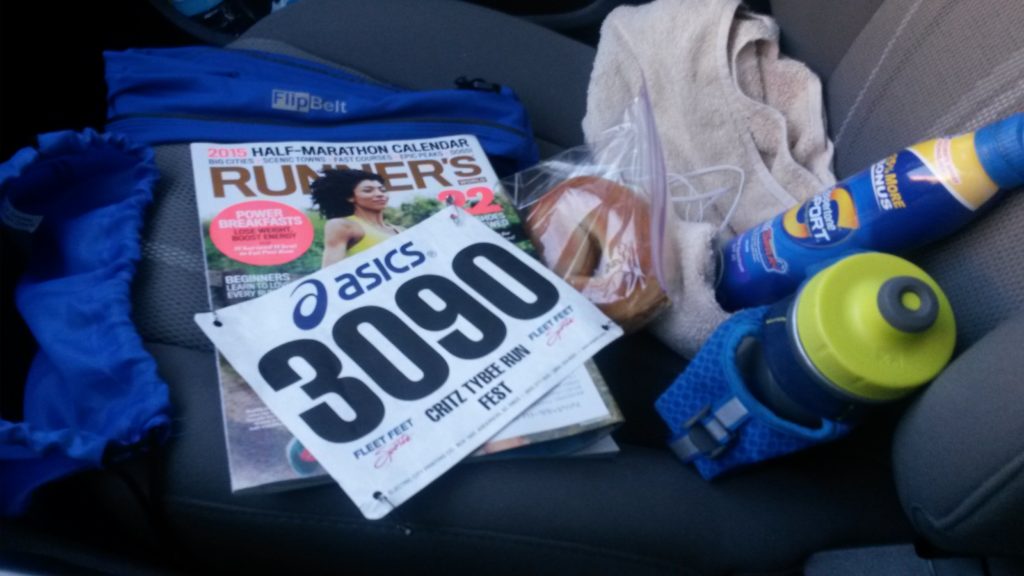
Race gear
Experiment to learn what foods work best the night before, the morning of, and after your long runs. Each long run is an opportunity to learn what you need to support your body for the long distance. Try out different mid-run fuels and practice wearing your racing gear. If you’re still new to racing events, sign up for a couple short-distance races to practice morning routine and starting line logistics.
8. Trust in the taper
The taper is the cut-back of miles a couple of weeks before the race. During the taper, your longest run will start to feel long ago. Your legs may feel heavy and sluggish. Mine did and I was even scared I was losing fitness. But trust in the taper. You’ve pushed your body and now its time to let it rest, heal, and adapt. You will be more ready than ever come race day.
During the taper, my nerves were also on high alert. I was worried about what I would encounter and if I could handle it. I spent some time visualizing what the race would be like at the start, at rough times, and at the finish to calm my nerves and let me settle in come race day.
9. Bodies don’t like to run more than 20 miles
That’s what makes the 26.2 miles of a marathon so interesting. You learn a lot about yourself in those last 6.2 miles. I won’t give any spoilers. I’ll just encourage you to dig in, lean in, and discover.
10. The reward
With all that being said about hard work, mental fortitude, and time consumption… the ridiculous amount of accomplishment you feel having trained so hard for months and then performing to the best of your strong ability in a multi-hour physical feat…
Dude.
There’s nothing like it.
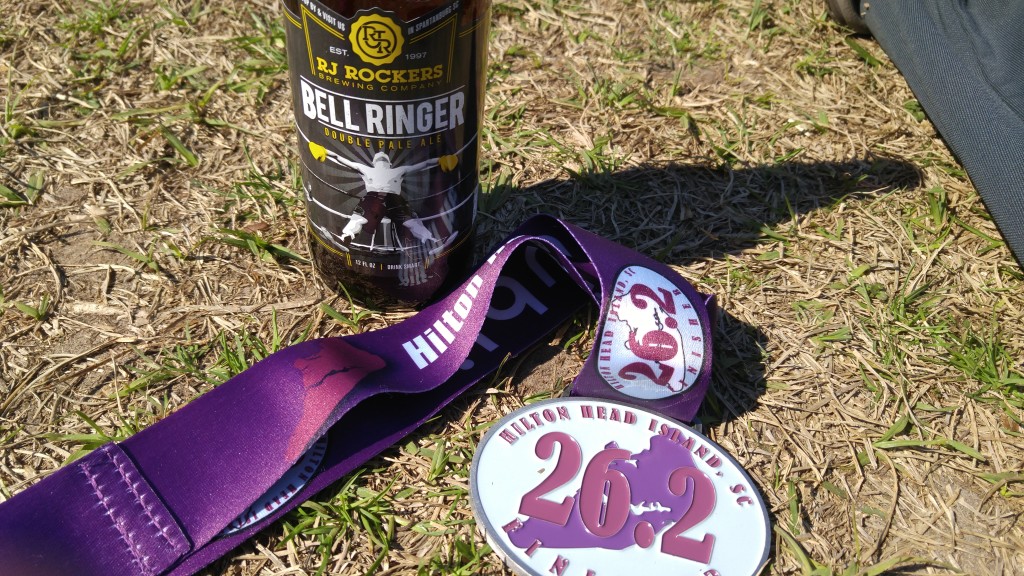

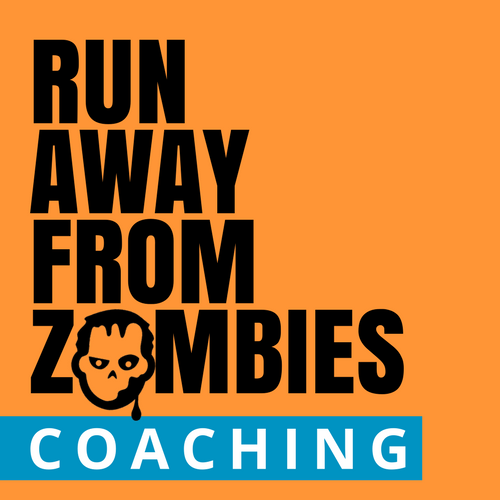


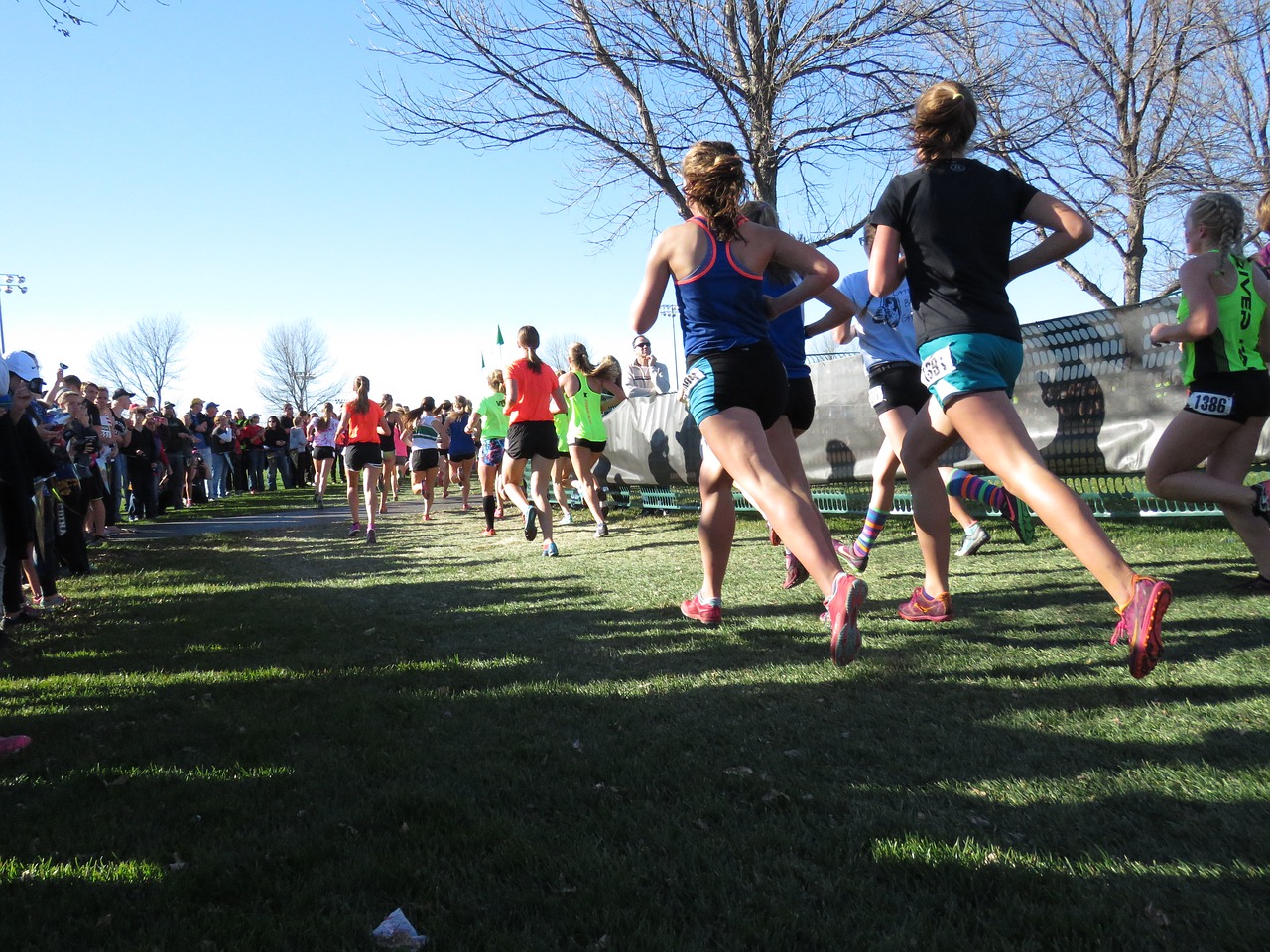
Hi there, I do think your site could possibly be having web browser compatibility problems. Whenever I look at your site in Safari, it looks fine but when opening in I.E., it’s got some overlapping issues. I simply wanted to provide you with a quick heads up! Apart from that, excellent site.